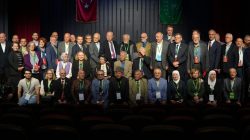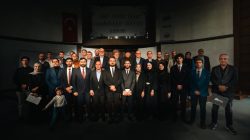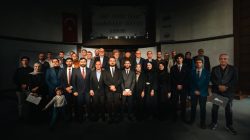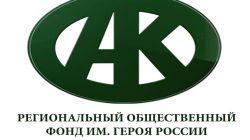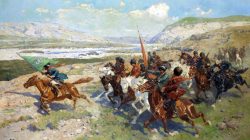
Beslan/Agency Caucasus – The Voice of Beslan, an organization of civil society, proclaimed as ‘unwelcome’ the head of a governmental commission which was set up to inquiry into a disastrously horrible, 2004 federal police operation to rescue hostages.
The Voice of Beslan demands justice for the Beslan victims and works hard as a civil society organization to get the truth disclosed about the Beslan School siege. The organization has now plans to get Aleksandr Soljenitsin replaced with a new head of the inquiry commission. The commission of inquiry was set up by the Russian Chief Prosecutor.
Ella Kesayeva, Co-President of the Voice of Beslan, told Regnum on January 5 that her organization wrote a letter of discontent to Russia’s Chief Prosecutor Yuri Chaika over the lack of confidence in Soljenitsin’s efforts to reveal the truth behind the Beslan disaster.
"Aleksandr Torshin, senator, gave a bright interview on January 4 to Eko Moscow about the efforts of Aleksandr Soljenitsin as President of the commission of inquiry into the Beslan incident. We disagree with him, because the commission has not done the ballistics yet and nobody knows who shot the Beslan students for sure. We think that the commission president ought to be replaced," Kesayeva said.
Kesayeva also said that Soljenitsin is not anymore interested in the Beslan incident, he rather only accepts once a week to meet with the victims of the Beslan incidentin Vladikavkaz, capital of North Ossetia. The Voice of Beslan is legally(!) in trouble because it accused the officials of trying to prevent the truth about the Beslan disaster from being disclosed.
A group of at least armed militants laid siege on September 1, 2004, to the Beslan Secondary Number One in the town of Beslan, North Ossetia, and took over 1000 schoolchildren and adults hostage. Three days of standoff ended with the breakout of a disastrous gun-battle between the militants and the Russian forces, that left over 300 people dead and several other hundreds wounded. The Beslan school siege crisis has still repercussions across the Caucasian world.
ÖZ/FT
[ssba]
